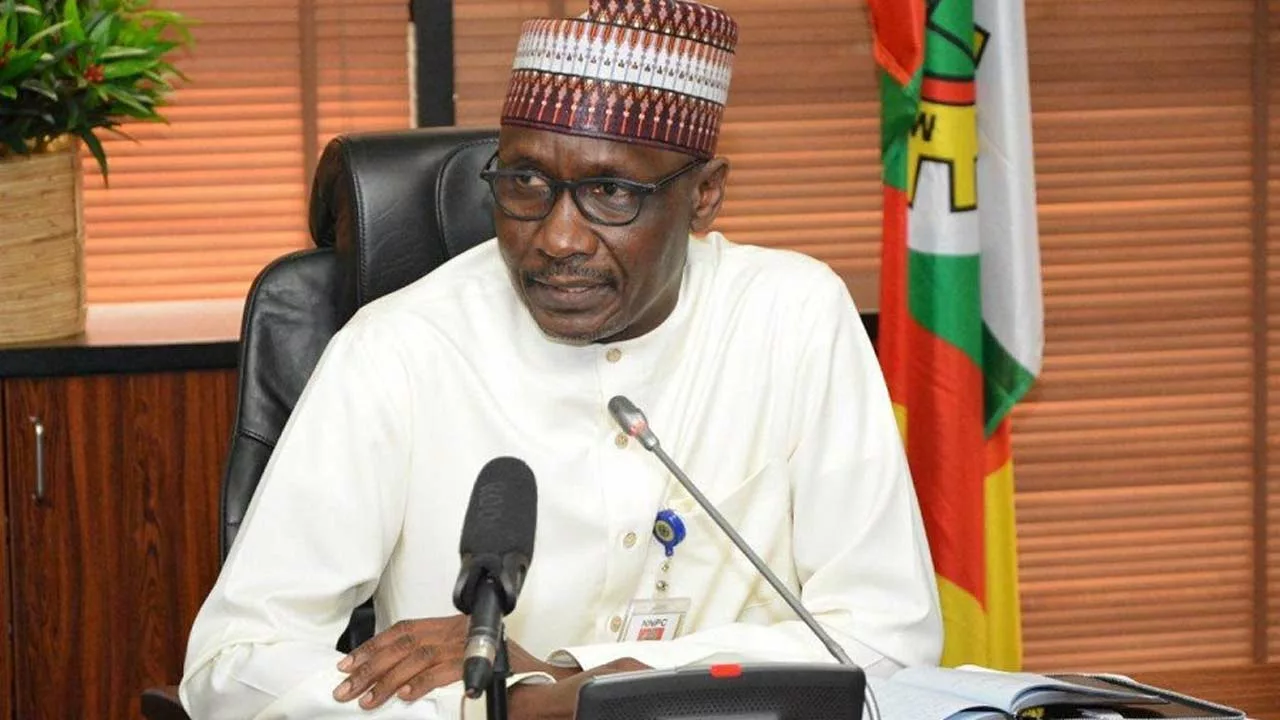The World Health Organisation's cancer agency on Thursday warned that the global cancer burden of new cancer burden is rising and that the United Nations agency expects a 77% spike in cancer cases in 2050. “The rapidly-growing global cancer burden reflects both population aging and growth, as well as changes to people’s exposure to risk factors,” the International Agency for Research on Cancer said. It cited tobacco, alcohol, obesity, and air pollution as “key factors behind the increasing incidence”. Ahead of World Cancer Day, the WHO and its International Agency for Research on Cancer (IARC) released the latest estimates on cancer cases and data about how much states finance cancer and palliative care services.
In 2022, there were an estimated 20 million new cancer cases and 9.7 million deaths, according to IARC estimates given in a statement. The estimated number of people who were alive within five years following a cancer diagnosis was 53.5 million.
It showed that about one in five people develop cancer in their lifetime and that one in nine men and one in 12 women die from the disease.
IARC's estimates covered 185 countries and 36 cancers, according to the statement.
The agency's survey of 115 countries showed that only 39% of participating countries covered the basics of cancer management as part of their financed core health services for all citizens.
"WHO’s new global survey sheds light on major inequalities and lack of financial protection for cancer around the world, with populations, especially in lower-income countries, unable to access the basics of cancer care," said Bente Mikkelsen, director of the department of noncommunicable diseases at WHO.
"WHO, including through its cancer initiatives, is working intensively with more than 75 governments to develop, finance, and implement policies to promote cancer care for all. To expand on this work, major investments are urgently needed to address global inequities in cancer outcomes," Mikkelsen added.




















